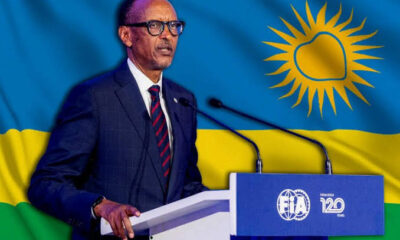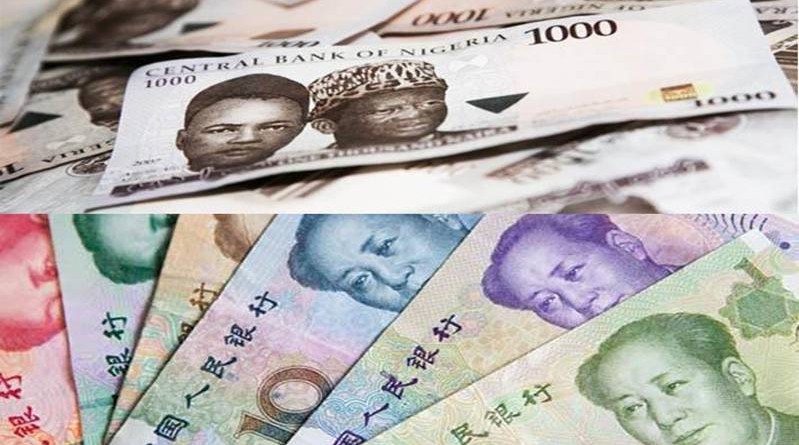Keir Starmer, the newly appointed prime minister of Britain, announced on Saturday that he would abandon the contentious plan to transport thousands of asylum seekers from Britain to Rwanda. This is Starmer’s first significant policy declaration following his overwhelming election victory.
The plan to return undocumented migrants to the nation of East Africa was first announced by the previous Conservative government in 2022, with the stated goal of ending the influx of asylum seekers in small boats.
However, the proposal never saw any people transferred to Rwanda due to years of legal battles. In his first press conference as prime minister, Merkel declared that the Rwanda policy would be abandoned since it would not have served as a deterrence and that just 1% of asylum applicants would have been expelled.
“The Rwanda scheme was dead and buried before it started. It’s never been a deterrent,” Starmer said. “I’m not prepared to continue with gimmicks that don’t act as a deterrent.”
As the most powerful British leader since former Prime Minister Tony Blair, Starmer gained one of the biggest parliamentary majorities in modern British history on Friday. However, he still has several obstacles to overcome, including bolstering the flagging public services and the economy.
During the Downing Street news conference, Starmer fielded roughly a dozen questions and was frequently questioned about how and when he would begin implementing his promised solutions to the country’s problems. However, he provided few details about his plans.
When asked if his government would recognize issues and take action in areas like addressing an overburdened prison system and cutting lengthy wait times to access the state-run health care, Starmer responded that his government would be willing to make difficult decisions and raise taxes if needed.
“We’re going to have to take the tough decisions and take them early, and we will. We will do that with a raw honesty,” he said. “But that is not a sort of prelude to saying there’s some tax decision that we didn’t speak about before.”
As part of an agreement worth 120 million pounds ($148 million), the British government, under the immediate Prime Minister Richie Sunak, disclosed last year that it intended to send thousands of migrants to the nation in East Africa to discourage asylum seekers from using tiny boats to cross the English Channel from France.
In recent times, Europe has become increasingly concerned about illegal immigrants originating from Africa and the Middle East. A record 45,000 people had flown over the English Channel in small boats as of June 2023.





































